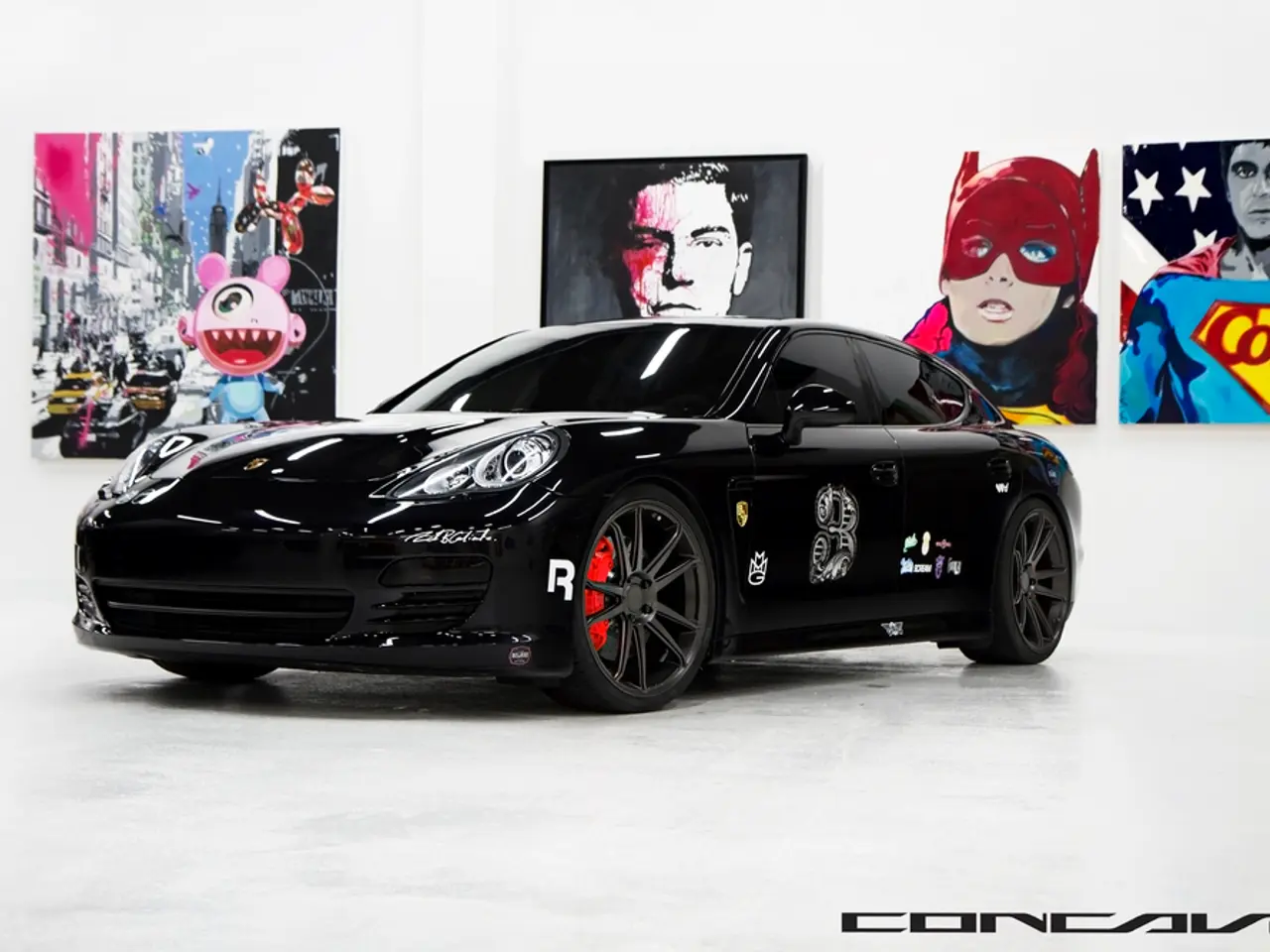Rivian Challenges Ohio's Ban on Direct Sales, Claiming Tesla-like Exemption
Rivian Challenges Ohio's Direct-to-Consumer Sales Ban
In a bold move, electric vehicle (EV) manufacturer Rivian has filed a federal lawsuit against the State of Ohio, aiming to overturn the state's ban on direct-to-consumer vehicle sales. The lawsuit, filed in the U.S. District Court for the Southern District of Ohio, names the Ohio Bureau of Motor Vehicles (BMV) as the defendant.
The lawsuit contends that Ohio's ban on direct sales by automakers is irrational, stifles competition, reduces consumer choice, and increases costs for Ohio residents. Rivian argues that this policy is particularly harmful because it allows Tesla, a direct sales competitor, to operate retail locations in the state through a 2014 grandfather clause, a privilege not extended to other new manufacturers.
The lawsuit claims that the 2014 law banning direct sales by automakers is unconstitutional and anti-consumer. Rivian asserts that the exemption for Tesla constitutes an unfair and anti-competitive carveout, and the Ohio ban is economic protectionism for the benefit of Ohio's existing auto dealers.
Historically, many states, including Ohio, have laws that prevent automakers from selling cars directly to consumers. These laws were designed to protect independent dealerships and regulate franchise relationships. However, Tesla's early successes in securing direct sales rights in a limited number of states have highlighted the entrenched dealer opposition to direct sales from new manufacturers.
In addition to Ohio, other EV companies have faced similar challenges. For instance, Rivian and Lucid Motors won legal battles in Illinois in 2021 to obtain dealership licenses to sell directly. Lucid Motors also sued Texas over its direct-sales ban in 2022 but lost at trial and has since appealed.
This legal struggle is part of a broader, ongoing conflict between emerging EV manufacturers seeking to sell directly to consumers and the powerful dealership lobbies that dominate car sales in many states through franchise laws and lobbying efforts.
Rivian currently operates service centers in Cleveland, Cincinnati, and Columbus, Ohio. However, under current state law, the company cannot finalize a vehicle sale within Ohio. Customers must purchase Rivian vehicles from out-of-state locations and coordinate pickup at local service facilities.
The lawsuit aims to extend direct sales rights to other EV makers, challenging Ohio's partial ban on direct-to-consumer vehicle sales by Rivian. The outcome of this case could have significant implications for the EV industry and consumer choice in Ohio and beyond.
In the lawsuit, Rivian argues that Ohio's ban on direct sales by automakers restricts business expansion, particularly in the technology sector of electric vehicle manufacturing. This decision could potentially increase the overall finance costs for Ohio residents due to limited consumer choice in the market. Other EV companies, such as Lucid Motors, have faced similar challenges, highlighting a broader, ongoing conflict between emerging EV manufacturers and traditional auto dealers.




